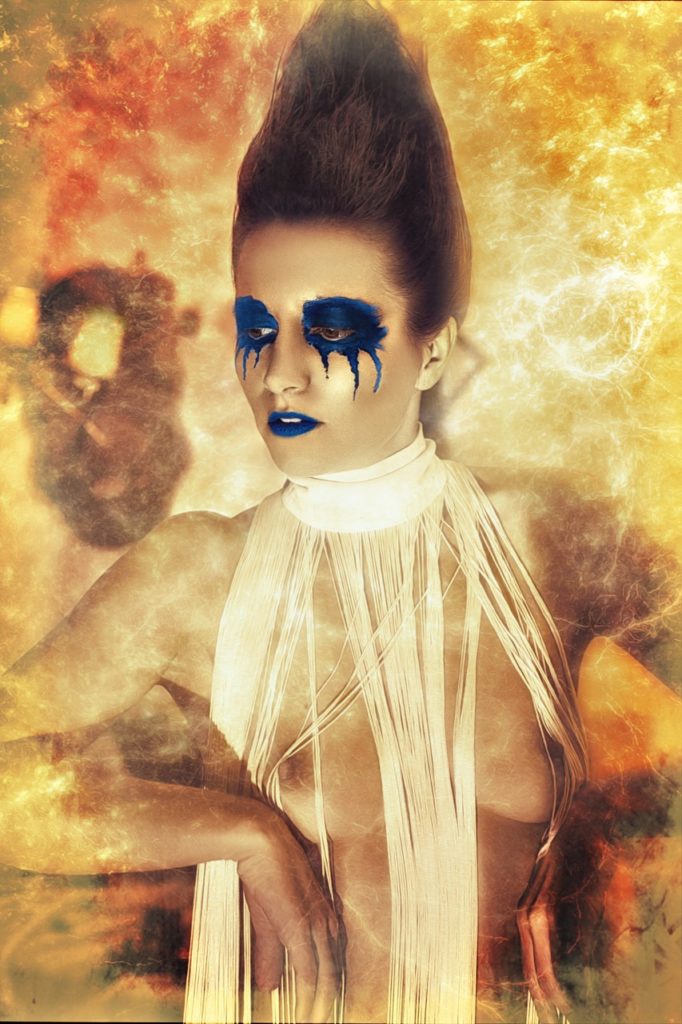Do Witches Really Exist? Unraveling the Mysteries of the Occult

In a world filled with vast complexities and hidden wonders, it is natural for our curiosity to extend beyond what meets the eye. Among the many topics that ignite intrigue and curiosity, the existence of witches stands out as an age-old enigma. Throughout history and across cultures, tales of witches have captivated our imagination, giving rise to a multitude of beliefs, experiences, and perceptions. This essay seeks to explore the question: Do witches really exist? By delving into the realms of the occult, investigating historical anecdotes, and examining modern interpretations, we can shed light on this thought-provoking topic.
I. The Depth of Our World:
Before we delve into the existence of witches, it is essential to acknowledge the vastness and complexity of the world we inhabit. Science has gradually unveiled the existence of multiple dimensions, challenging our simplistic perception of reality. The presence of these alternate dimensions suggests that there may be more to our existence than what we can perceive with our limited senses alone.
II. Historical Perspectives on Witchcraft:
To understand the existence of witches, we must turn to history, where accounts of witchcraft date back centuries. These historical perspectives provide a lens into the prevalent notions and beliefs surrounding witchcraft:
A. Early Witchcraft Trials:
During the infamous witch trials of the 16th and 17th centuries, many individuals were accused and executed on charges of practicing witchcraft. The widespread fear and paranoia fueled by superstition led to these trials, deeply embedding the idea of witches in the collective consciousness.
B. Cultural Variations:
While witchcraft trials were prominent in Europe, numerous cultures across the globe had their own beliefs and practices related to witches. From the shamans of indigenous tribes to the voodoo practitioners of Haiti, the concept of witchcraft spans across cultural boundaries.
III. Modern Interpretations:
In contemporary society, the perception of witches has undergone significant changes. While the existence of witches, in the traditional sense, remains a topic of debate, modern interpretations of witchcraft have embraced diverse beliefs and practices:
A. Wicca and Neo-Paganism:
Wicca, a modern pagan religious movement, is often associated with witchcraft. Wiccans typically worship nature and follow the pagan wheel of the year. Such practitioners define themselves as witches, engaging in rituals and spellcasting aimed at personal growth and spiritual enlightenment.
B. Hoodoo and Folk Magic:
The belief in witchcraft and its practices persists in various forms, including hoodoo and folk magic. These traditions, rooted in African and African American cultures, incorporate elements of magic, spellwork, and herbalism, continuing the long-standing tradition of harnessing supernatural energies.
IV. Scientific Explanations and Skepticism:
While witchcraft holds a significant place in folklore and popular culture, many skeptics dismiss the idea of witches as mere superstition. The absence of scientific evidence and empirical explanations leads them to view witchcraft as a product of human imagination and psychological phenomena, such as belief-induced hallucinations.
V. The Psychological Aspect:
Understanding the psychological aspect of belief in witches is crucial when examining their existence. The power of suggestion and collective hysteria can influence individuals’ perceptions and lead to the creation of elaborate narratives of witchcraft.
In the quest to ascertain the existence of witches, one encounters a wealth of historical accounts, cultural variations, and modern interpretations. While empirical evidence is absent, the allure and fascination surrounding witches persist. It is essential to approach the subject with an open mind, recognizing the immense complexity of human beliefs and experiences. Whether one chooses to believe in witches or dismiss them as pure fantasy, the enduring allure of witchcraft reminds us of the intricacies and mysteries that continue to shape human civilizations.






Responses